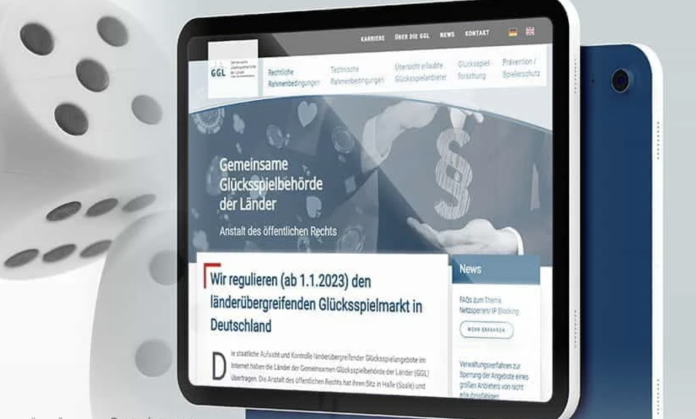Glücksspielbehörde (GGL), the Federal Gambling Authority of Germany, has stood by the findings of the Gambling Survey of 2023, emphasising its role in providing a ‘facts-based approach’ to the development of Germany’s Fourth Interstate Market (GlüNeuRStv).
The Authority states that it now has the relevant data and insights to make year-on-year assessments of the GlüNeuRStv market since its launch on 1 July 2021, which introduced Germany ’s new federal laws for online gambling and sports betting.
In 2021, the survey that had been conducted since 2007 undertook significant methodological changes under the stewardship of The Institute for Interdisciplinary Addiction and Drug Research of Hamburg (ISD Hamburg) and the University of Bremen.
Methodological adjustments, including combining telephone and online survey techniques and a revised survey instrument for identifying gambling-related problems based on the DSM-5 criteria. These changes limit the comparability of its results with previous surveys.
The survey was funded by the German Lotto and Totoblock (DLTB), with the interpretation of results exclusively managed by the scientific institutes involved, namely ISD Hamburg and the Gambling Research Unit at the University of Bremen.
Research published in March 2023 indicated that the proportion of Germans aged 18 to 70 affected by gambling disorders remains largely unchanged since 2021, reported at 2.4%.
The GGL stated: “Together with other scientific studies to implement the player protection measures of the GlüStV 2021 and to record relevant developments in the gambling market, a solid, data-driven foundation was created for the evaluation of the GlüStV 2021 and for future regulatory decisions.”
Once again, GlüNeuRStv is plagued by data and research conflicts as questioned by Deutscher Sportwettenverband (DSWV) – The German Sports Betting Association.
Although endorsed by the GGL, the DSWV responded that the methodologies of the Gambling Survey of 2023 must be reviewed by an independent body to ensure the findings are based on a robust scientific basis.
The DSWV and statistician Katharina Schüller had raised concerns over the research limitations of the revised survey in 2021, in which the GGL’s framework noted a “disregard for scientific critiques and the lack of information on the study’s limitations.”
The DSWV pointed out significant differences in gambling disorder prevalence between telephone (0.4%) and online (6.4%) survey respondents, arguing that such disparities render the results unrepresentative of the general population.
“Despite the criticism of the previous 2021 survey, it is remarkable that the authors have not changed their methodology. They continue to disregard the objections from other scientists and provide insufficient information on the limitations of their study,” says Mathias Dahms after the publication.
“The DSWV is therefore calling for a thorough review of the survey’s methodology to ensure that the conclusions derived from it are based on solid scientific foundations. Furthermore, we expect the raw data to be made available for publication, as transparency in data collection and analysis is of crucial importance for scientific discourse.”
Despite the criticisms, the DSWV agrees with the survey’s recommendation to enhance the awareness of player and youth protection measures, emphasising that its members are committed to player protection as a top priority.




























